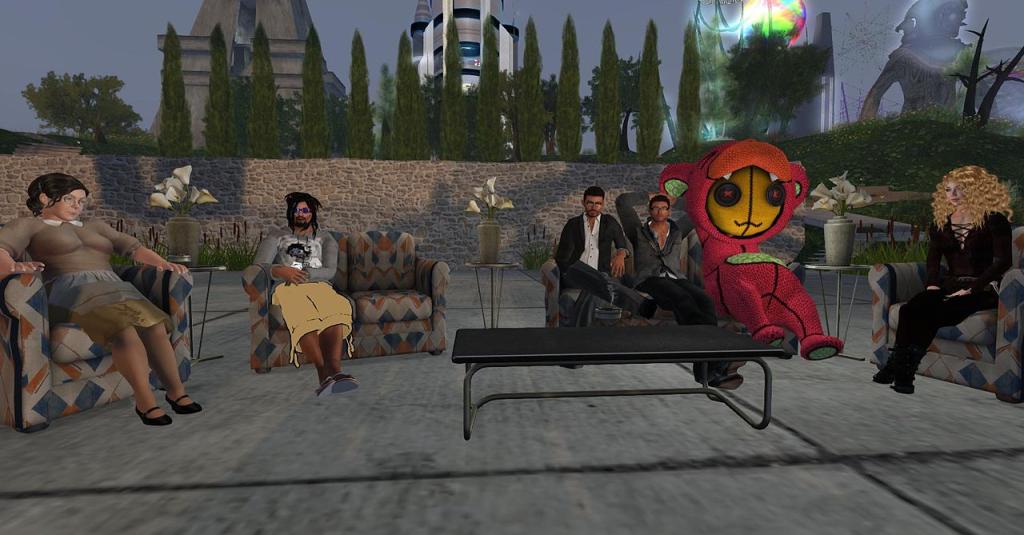We’ve blogged about the Metaverse–which promises to let us live our lives inside shared virtual worlds–concluding that turning ourselves into video-game avatars for work, school, and social life is not an attractive idea. But the corporate world is going all-in on the idea.
Not only has FaceBook changed its corporate name to “Meta,” as it seeks to turn social media into an immersive 3-D environment that can replace even more of your life, Wall Street investors are pouring money into the technology to make that happen.
I was struck by the rhapsodic way that the huge multi-national investment firm the Jefferies Group recommends its clients invest in the metaverse, going beyond money talk to claim that the technology will change life as we know it. From Markets Insider:
Jefferies has said the metaverse will be the biggest disruption to how we live ever seen, as Wall Street bankers warm to the idea of virtual worlds and economies.
Investors need to be thinking about the metaverse as akin to the internet in its early days, according to the firm’s analysts.
“A single metaverse could be more than a decade away, but as it evolves, it has the potential to disrupt almost everything in human life,” the analysts, led by equity strategist Simon Powell, wrote in a Monday note.
“Everything in human life”! Not just work, school, and social life, but entertainment, politics, and religion! Already, in these early stages, a couple has gotten married in the Metaverse, with avatars of themselves taking their vows, avatar children serving as ring bearers and flower girls, and an avatar best man giving a toast before all the avatar guests. (Click the link to see the happy avatar couple.)
Investors see a whole realm of business possibilities. Lots of hardware, including all those 3-D virtual reality helmets, will be needed. Also lots of software. And lots of programming of the different worlds. Some are saying that the metaverse will be the future of fashion, with people spending lots of money to buy impressive clothes for their avatars. And though American manufacturing of actual products has been outsourced to China, corporations are seeing a future in producing “virtual goods.”
Past interface revolutions steered our machines toward more human-centric ways of representing information: the visual metaphors of the graphic interface, the tactile responsiveness of multitouch. Virtual reality, for all its creative possibilities, demands that you adopt a fundamentally unnatural relationship to your surroundings. And even if some of these experiences can be created with augmented reality—where virtual companions or other forms of data are projected onto real-world environments through special glasses—it is unlikely that such interfaces will make us feel more “present.”. . .For most of us, I suspect, presence doesn’t mean dressing up as an oversize robot floating in a space station. It means experiencing our friends and family through the full bandwidth of human connection: facial expressions, subtle vocal cues, all experienced in an environment that we can feel and touch with our unmediated senses.











